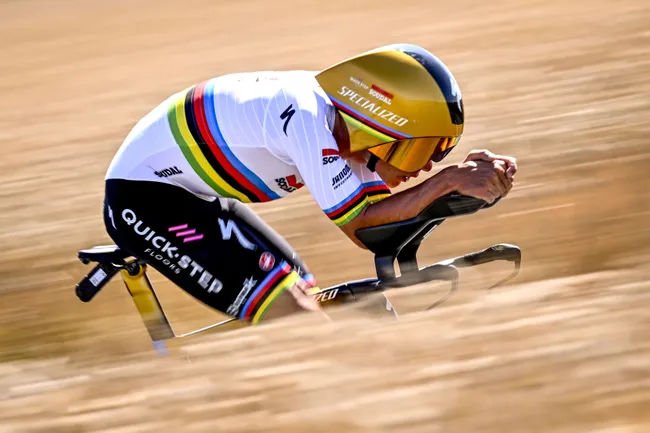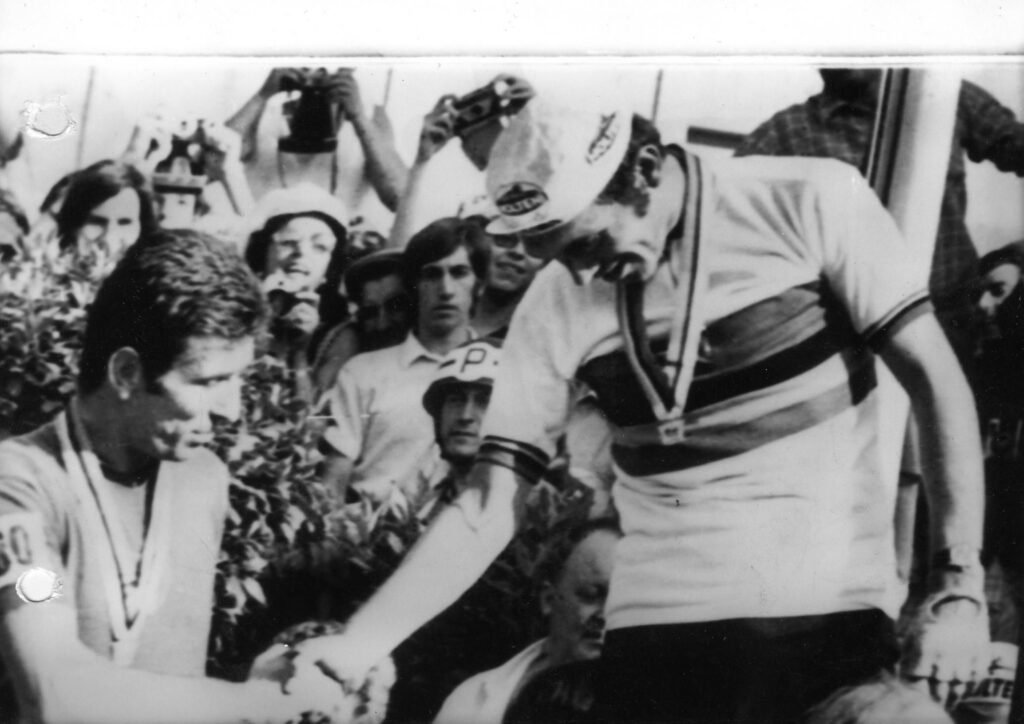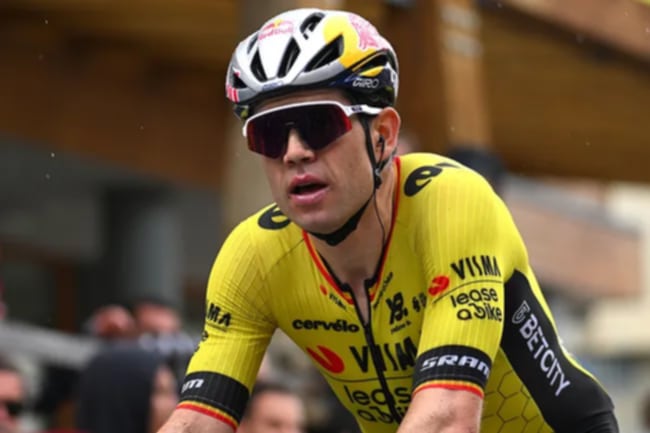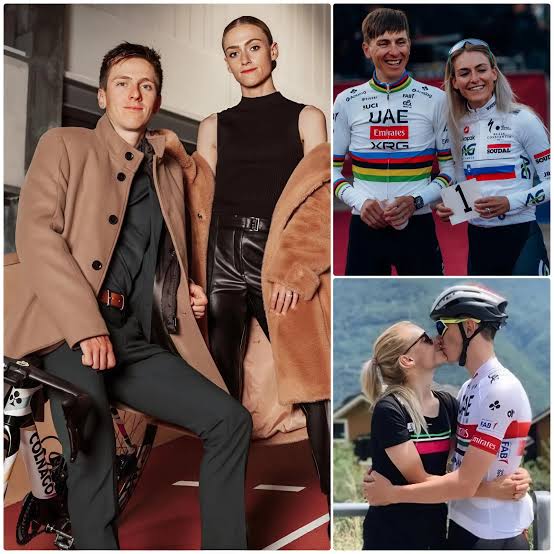**Tour de France Stage 5: Remco Evenepoel’s Dominant Time Trial Victory and Tadej Pogačar’s Rise to the Yellow Jersey**
The 2025 Tour de France has already proven to be an unpredictable and exhilarating race, with dramatic shifts in leadership and incredible displays of athleticism. The fifth stage, a decisive individual time trial (ITT), left fans breathless and set the tone for the race’s unfolding narrative. At the heart of the day’s excitement were Belgian sensation Remco Evenepoel, who delivered a masterclass of power and precision to claim victory, and Slovenian superstar Tadej Pogačar, who capitalized on the moment to ascend into the coveted yellow jersey. This article delves into the details of Stage 5, analyzing how Evenepoel’s raw power and technical prowess earned him the win, Pogačar’s strategic move to yellow, and what these developments mean for the overall race.
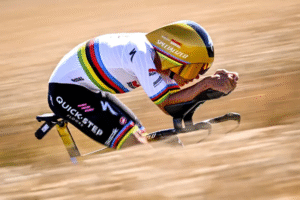
The Stage Profile: A Test of Power and Endurance
Stage 5’s route was a meticulously designed individual time trial, stretching approximately 22 kilometers through the scenic yet demanding terrain of the Pyrenees. The course featured a combination of flat sections to test aerodynamics and sustained climbs that demanded strength and stamina. The technical sections and sharp turns added complexity, requiring riders to balance speed with control.
This stage was widely regarded as a pivotal opportunity for GC contenders to gain significant time—especially considering the challenging profile that favored power riders capable of maintaining high wattages over sustained periods. Riders needed a blend of aerodynamic efficiency, mental focus, and physical resilience to excel.
Remco Evenepoel’s Masterclass: Power Personified
**A Display of Raw Power and Technical Precision**
Remco Evenepoel, renowned for his exceptional time trial abilities, showcased why he is considered one of the premier stage racers of his generation. His approach to Stage 5 was characterized by a blend of meticulous preparation, aggressive pacing, and efficient aerodynamics.
From the outset, Evenepoel launched into the course with an unwavering focus. His power output was nothing short of extraordinary—consistently pushing well above 400 watts during the steepest sections. Spectators and commentators noted his clean, aerodynamic position, which minimized wind resistance and maximized efficiency. His smooth pedaling technique and unwavering mental discipline allowed him to sustain high wattages even on the most demanding parts of the course.
**Technical Aspects and Strategy**
Evenepoel’s team provided him with a carefully calibrated power plan, emphasizing a fast but controlled effort. His aerodynamic helmet, tight-fitting skinsuit, and time trial bike with disc wheels contributed to reducing drag. Additionally, his pacing strategy involved a fast start to set a high baseline, followed by a measured effort to maintain a consistent power output, avoiding burnout before the finish.
Throughout the stage, Evenepoel’s riding was characterized by a relentless drive. He navigated technical sections with precision, maintaining optimal lines through corners. His ability to sustain high speeds on the climbs was particularly impressive, demonstrating his capacity to generate power on ascents that favored climbers with time trial skills.
**Result: A Commanding Victory**
When Evenepoel crossed the finish line, his time was unmatched, establishing a new benchmark for the stage. His victory was a testament to his exceptional physical capabilities and meticulous preparation. The time gained was substantial, positioning him as a formidable contender in the overall classification.
Tadej Pogačar’s Strategic Move: Seizing the Yellow Jersey
**A Calculated Ride**
While Evenepoel’s power put him ahead of the pack, Tadej Pogačar, the defending champion and a versatile rider, made a strategic move during the stage that ultimately earned him the race lead. Pogačar’s approach was more measured than his Belgian rival’s aggressive power display. He focused on a smooth, efficient effort that conserved energy for future challenges.
**Technical and Tactical Execution**
Pogačar’s team provided him with a tailored power plan emphasizing steady pacing and aerodynamics. His riding style during the time trial was characterized by a relaxed yet controlled effort, allowing him to maintain a high but sustainable wattage. Navigating technical corners with finesse, he avoided unnecessary risks while preserving momentum.
**The Turnaround: Gaining Time**
As the stage progressed, Pogačar’s consistent pace allowed him to gain time on key rivals, including those who struggled with the technical aspects or lacked the power to sustain high wattages. When he crossed the finish line, his time was just enough to leapfrog other contenders into the yellow jersey—a position he now holds with pride and strategic advantage.
The Implications for the Overall Classification
**Remco Evenepoel’s Position**
Evenepoel’s commanding win cushed any doubts about his time trial prowess. Although he did not take the yellow jersey, his performance solidified his status as a serious GC contender. He now trails Pogačar by a narrow margin but holds a significant advantage in terms of time gains and psychological momentum.
**Tadej Pogačar’s Leadership**
Pogačar’s move into yellow was a masterstroke of race tactics. By capitalizing on his efficient riding and the stage’s technical demands, he gained precious seconds and positioned himself as the race leader. His versatility—being able to perform well in time trials and mountain stages—makes him a formidable opponent in the coming days.
**Other Contenders**
The stage also shook up the standings among other GC riders. Riders like Jonas Vingegaard, Geraint Thomas, and Romain Bardet will be analyzing the stage footage to adjust their strategies. The time gaps are still tight, and with numerous mountain stages ahead, the race remains wide open.
The Road Ahead: What’s Next?
Following Stage 5’s dramatic developments, the Tour de France’s narrative has shifted significantly. The focus now turns to the upcoming mountain stages, where climbers will attempt to crack the GC hierarchy. Pogačar’s yellow jersey provides him with a tactical advantage, allowing him to control the race from the front or respond to attacks effectively.
Meanwhile, Evenepoel’s performance has sent a clear message that he is in excellent form and ready to challenge Pogačar’s dominance. His team will aim to support him in defending or reclaiming leadership in the mountain stages.
Stage 5 of the 2025 Tour de France was a showcase of contrasting styles: Remco Evenepoel’s raw power and technical mastery versus Tadej Pogačar’s strategic efficiency and racecraft. Evenepoel’s victory underscored his status as a potential Tour winner and highlighted his extraordinary physical attributes. Pogačar’s ascent into the yellow jersey demonstrated his tactical brilliance and adaptability, keeping the race intensely competitive.
As the peloton heads into the next phases of the Tour, fans can expect more drama, strategic battles, and heroic efforts. The 2024 edition continues to captivate with its blend of athletic prowess and tactical intrigue, promising an exciting journey toward Paris and the iconic rainbow jersey.
